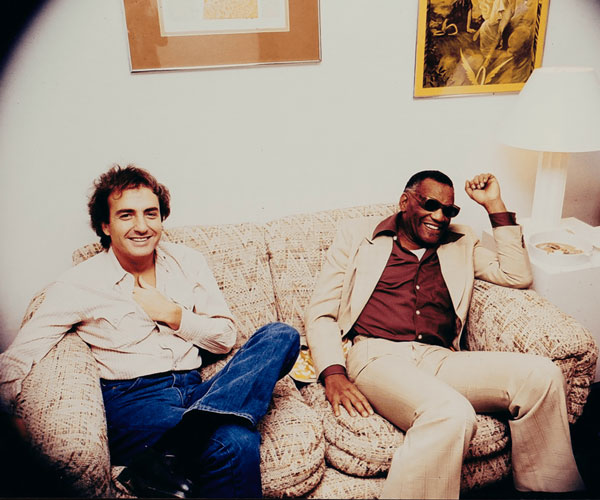The Rock & Roll Hall of Fame Foundation confirmed in a statement that Jann Wenner, a co-founder of the foundation in the ‘80s, has been removed from the organization's board.
Wenner’s removal followed the publication of a controversial New York Times interview about his new book The Masters, set to publish on Sept. 26. Many readers criticized Wenner’s interview responses as racist and sexist.
In the interview, Wenner discusses why he chose seven white male musicians (Bono, Bob Dylan, Jerry Garcia, Mick Jagger, John Lennon, Bruce Springsteen and Pete Townshend) as the primary subjects of his book. Journalist David Marchese asks Wenner why he didn’t include any musicians who are women or Black, and Wenner responds, “The people had to meet a couple criteria, but it was just kind of my personal interest and love of them. Insofar as the women, just none of them were as articulate enough on this intellectual level.”
Later, he clarified: “It’s not that they’re not creative geniuses. It’s not that they’re inarticulate, although, go have a deep conversation with Grace Slick or Janis Joplin. Please, be my guest. You know, Joni was not a philosopher of rock ’n’ roll. She didn’t, in my mind, meet that test. Not by her work, not by other interviews she did. The people I interviewed were the kind of philosophers of rock."
He continued: “Of Black artists — you know, Stevie Wonder, genius, right? I suppose when you use a word as broad as “masters,” the fault is using that word. Maybe Marvin Gaye, or Curtis Mayfield? I mean, they just didn’t articulate at that level.”
Later on, Wenner reflects on the editorial decisions for his book’s subjects, stating: “You know, just for public relations sake, maybe I should have gone and found one Black and one woman artist to include here that didn’t measure up to that same historical standard, just to avert this kind of criticism. Which, I get it. I had a chance to do that. Maybe I’m old-fashioned and I don’t give a [expletive] or whatever. I wish in retrospect I could have interviewed Marvin Gaye. Maybe he’d have been the guy. Maybe Otis Redding, had he lived, would have been the guy.”
In the interview, Wenner also discusses allowing interview subjects to edit their transcripts before Wenners’ books and articles were published.
Wenner himself was inducted into the Rock & Roll Hall of Fame in 2004, as the winner of the Ahmet Ertegun award. In 2017, the Rock Hall hosted an expansive exhibition to celebrate Rolling Stone’s 50th anniversary, in which the museum recreated Wenner’s original office from the magazine’s first headquarters.
Read the full New York Times interview here.
A representative of Little, Brown and Co. — the publisher of his book — shared a statement from Wenner in which he said, “In my interview with The New York Times I made comments that diminished the contributions, genius, and impact of Black and women artists and I apologize wholeheartedly for those remarks.
"The Masters is a collection of interviews I’ve done over the years that seemed to me to best represent an idea of rock and roll’s impact on my world; they were not meant to represent the whole of music and it’s diverse and important originators but to reflect the high points of my career and interviews I felt illustrated the breadth and experience in that career. They don’t reflect my appreciation and admiration for myriad totemic, world-changing artists whose music and ideas I revere and will celebrate and promote as long as I live. I totally understand the inflammatory nature of badly chosen words and deeply apologize and accept the consequences.”




